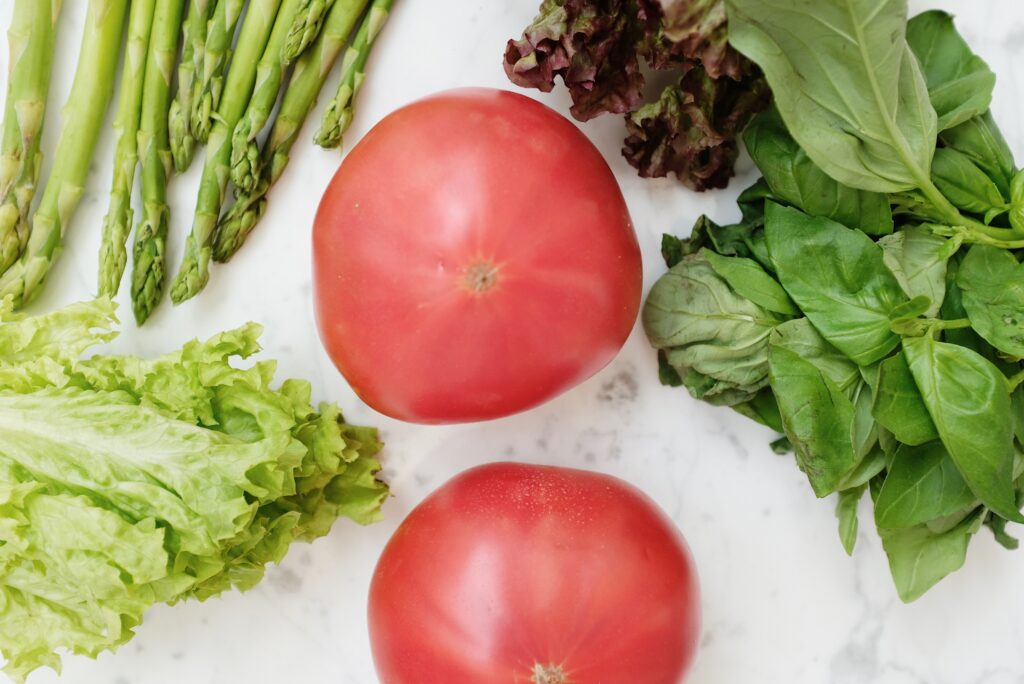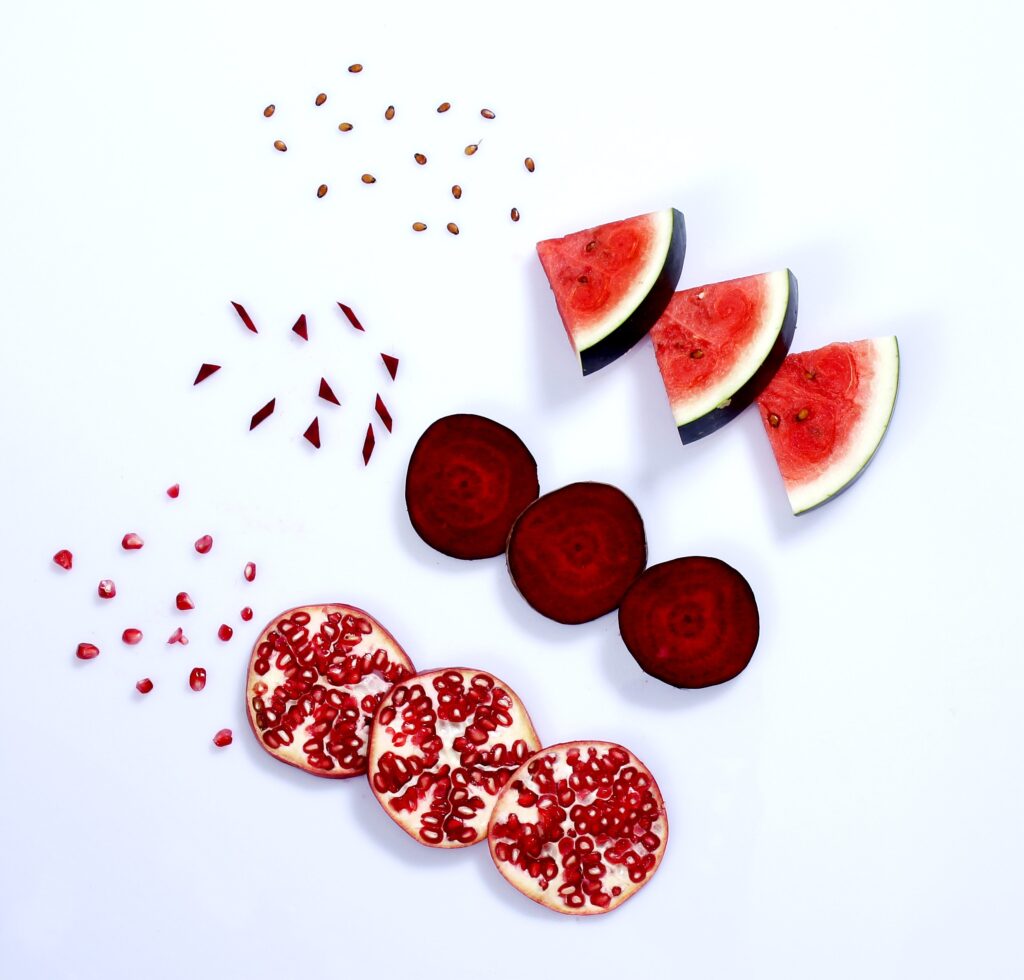Table of Contents

Introduction
“Are natural nitrates better than added nitrates? Delve into the debate, understand the health implications, and make informed choices for your well-being. Nitrates, compounds containing nitrogen and oxygen, have become a topic of interest in the world of nutrition and health. The sources of nitrates are twofold: natural sources found in fruits and vegetables, and added sources primarily present in processed meats. This article aims to delve into the debate surrounding natural nitrates versus added nitrates, analyzing their health implications and shedding light on the ongoing discourse.
The Distinction: Natural vs. Added Nitrates
Natural Nitrates: Nature’s Bounty
Natural nitrates are intrinsic to various fruits and vegetables, presenting an array of health benefits. Nitric oxide, a vasodilator, is produced when these nitrates are consumed. This leads to improved blood flow, regulated blood pressure, and enhanced overall cardiovascular health. Notably, leafy greens like spinach, beets, and certain root vegetables are commendable sources of these naturally occurring nitrates.
Added Nitrates: The Culinary Conundrum
In contrast, added nitrates often raise concerns due to their association with processed meats. These nitrates are used to preserve color, extend shelf life, and inhibit bacterial growth. However, during digestion, they can transform into nitrosamines, which are compounds considered potentially carcinogenic. Bacon, sausages, and deli meats are prime examples of processed foods containing added nitrates.
Unraveling the Health Impacts
Natural Nitrates: A Cardiovascular Boon
Research suggests that the consumption of natural nitrates can significantly contribute to heart health. By dilating blood vessels and improving circulation, they aid in lowering blood pressure. Moreover, these nitrates exhibit anti-inflammatory properties and may enhance exercise performance by reducing the oxygen cost of physical activities.
Added Nitrates: A Looming Menace
The debate on the safety of added nitrates persists. The conversion of added nitrates into nitrosamines in an acidic environment raises concerns about their potential to cause cancer. Nitrosamines have been linked to various forms of cancer, emphasizing the need for cautious consumption of processed meats.
Nitrate salts, often used as preservatives in processed foods, have raised concerns due to their potential carcinogenic nature. While these salts serve the purpose of enhancing color, extending shelf life, and inhibiting bacterial growth in products like cured meats and sausages, their interaction with stomach acids can give rise to compounds known as nitrosamines. Nitrosamines are chemical compounds that have been linked to an increased risk of cancer, particularly in the gastrointestinal tract.
Several foods are rich in natural nitrates and can help boost nitric oxide production in the body. These include:
Embracing Nitric Oxide-Rich Foods
Naturally Nitrate-Rich Foods

- Beets: Beets are renowned for their high nitrate content. Consuming beetroot or beet juice has been linked to improved exercise performance and lower blood pressure.
- Spinach: Packed with nutrients, spinach is another leafy green that contributes to nitric oxide production. It’s a versatile ingredient that can be easily incorporated into various dishes.
- Arugula: This peppery green is not only flavorful but also a great source of nitrates. Add it to salads, sandwiches, or use it as a pizza topping.
- Celery: Crunchy and low in calories, celery is a convenient snack that also provides natural nitrates. Enjoy it with peanut butter or hummus for a satisfying treat.
Nitric Oxide-Boosting Fruits

- Watermelon: Juicy and refreshing, watermelon contains citrulline, an amino acid that supports nitric oxide production. Perfect for staying hydrated and nourished.
- Pomegranate: Pomegranate is rich in antioxidants and can contribute to improved cardiovascular health by enhancing nitric oxide levels.
Making Informed Choices
Prioritizing Natural Nitrates
Incorporating nitrate-rich vegetables and fruits into your diet can be a proactive step toward improving heart health. The natural balance of nitrates, antioxidants, and other beneficial compounds in these foods contributes to their positive impact on the body.
Navigating Added Nitrates
When it comes to added nitrates, moderation is key. While eliminating processed meats entirely might not be necessary, being mindful of their consumption can reduce potential health risks. Opting for nitrate-free or minimally processed alternatives can be a safer choice.
Conclusion
In the discourse between natural nitrates and added nitrates, the former emerges as the healthier option. Natural nitrates, sourced from fruits and vegetables, offer a range of cardiovascular benefits and overall well-being. On the other hand, added nitrates, commonly found in processed meats, raise concerns due to their potential to form nitrosamines, compounds with potential health hazards. The path to a healthier lifestyle involves embracing nitrate-rich foods from natural sources and approaching added nitrates with caution.
Consequently, regulatory bodies and health organizations have set limits on the allowable levels of nitrate salts in foods, aiming to minimize the potential health risks associated with their consumption. While efforts are made to find alternatives and minimize exposure, the carcinogenic implications of nitrate salts emphasize the importance of informed dietary choices and the cautious consumption of processed foods containing these additives.
FAQs
- Are all nitrates harmful?
Not necessarily. Nitrates from natural sources like fruits and vegetables can be beneficial for health due to their vasodilatory properties. - What are nitrosamines?
Nitrosamines are compounds that can form when nitrates are converted in an acidic environment, potentially posing health risks, including cancer. - Can I consume processed meats occasionally?
Yes, consuming processed meats in moderation can be considered. However, it’s advisable to choose nitrate-free or minimally processed options. - Are there alternative preservatives to added nitrates?
Yes, some food manufacturers use natural alternatives like celery powder to preserve meats without relying on added nitrates. - What are the best sources of natural nitrates?
Leafy greens such as spinach and beets, as well as certain root vegetables, are excellent sources of natural nitrates that promote heart health.

2 thoughts on “Natural vs. Added Nitrates: True Facts”